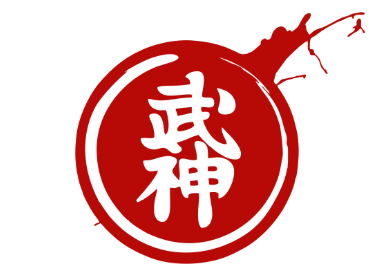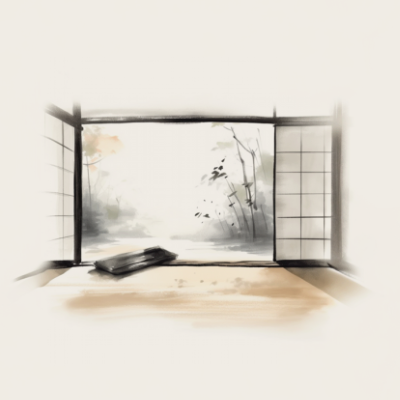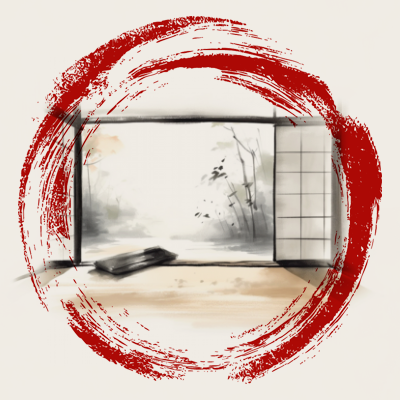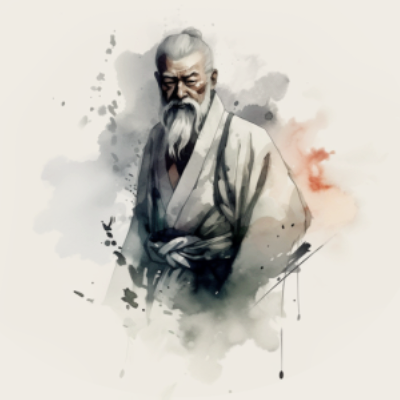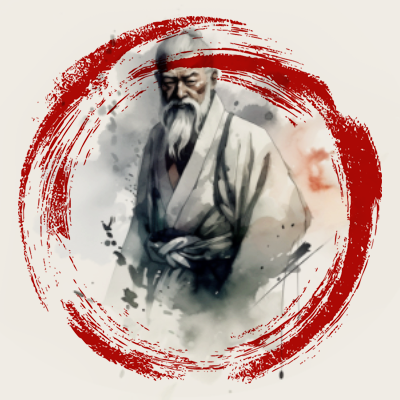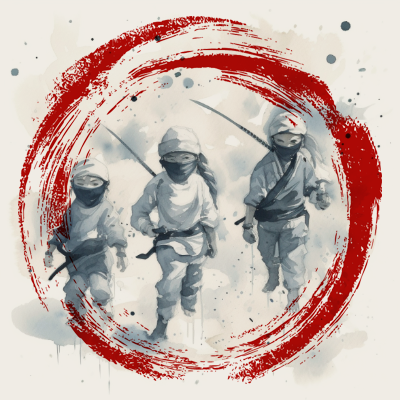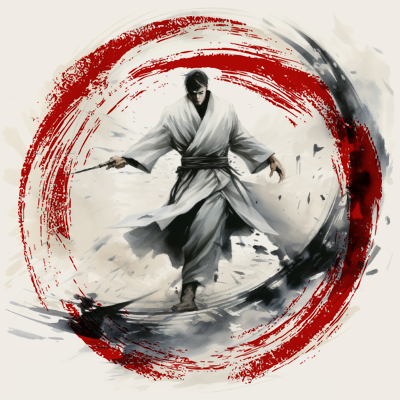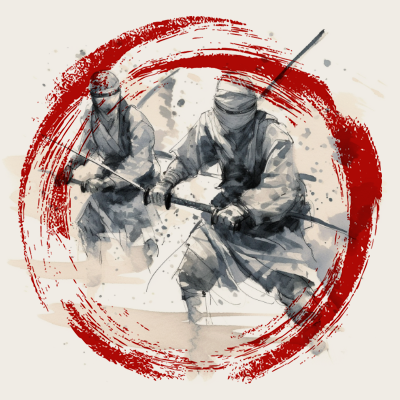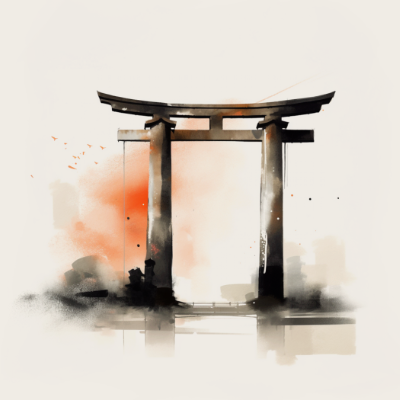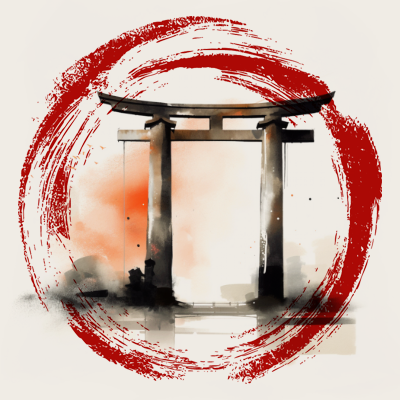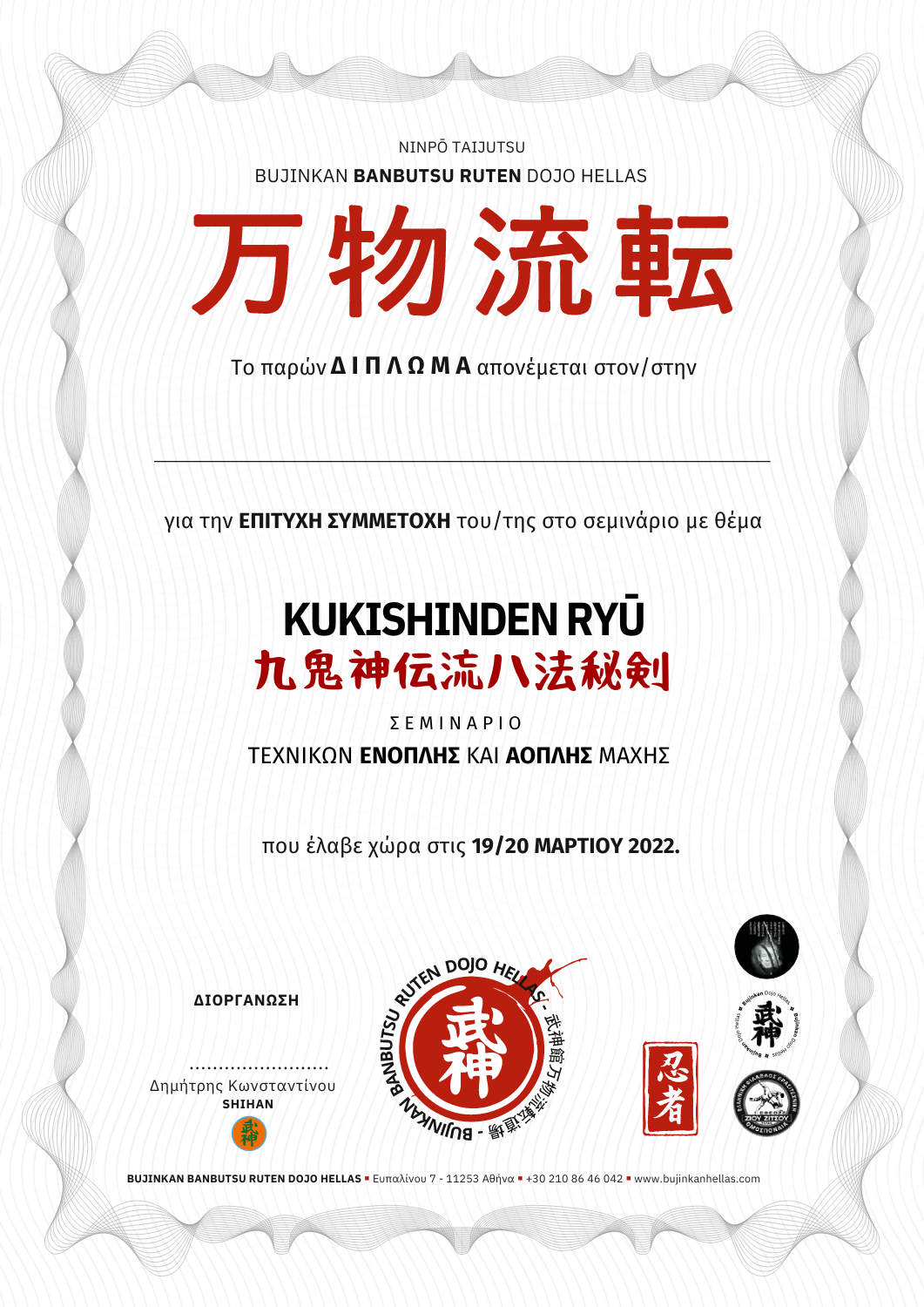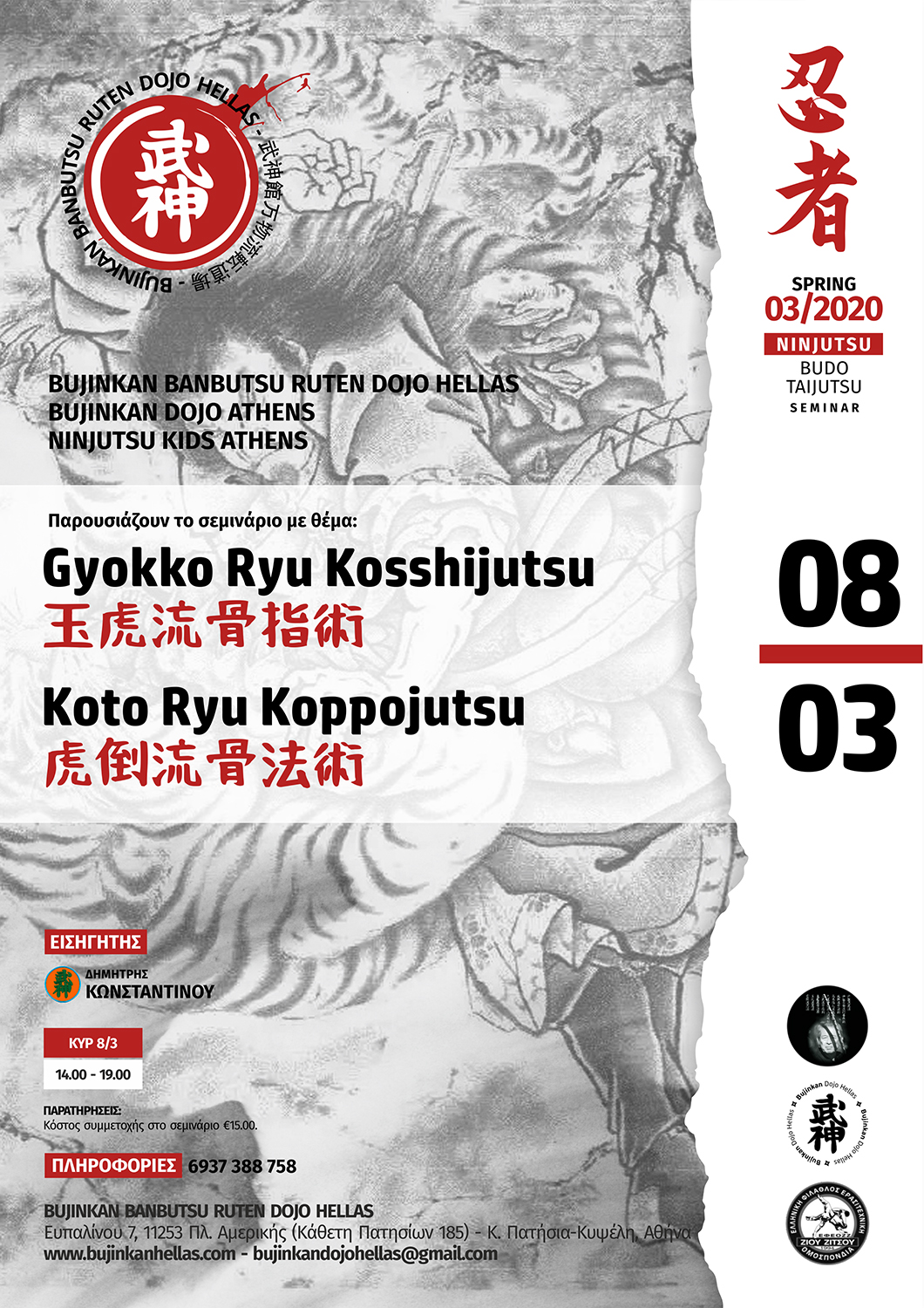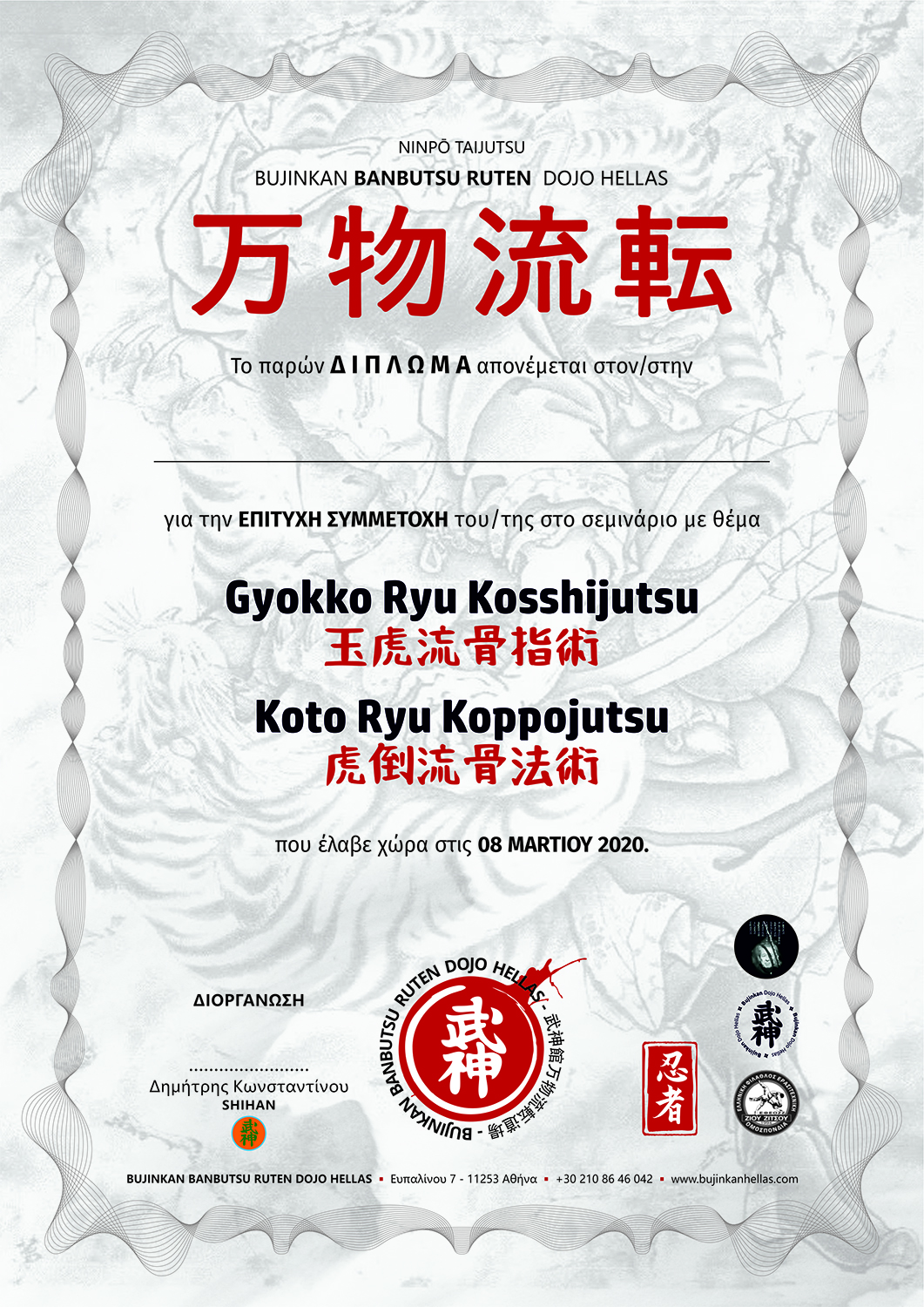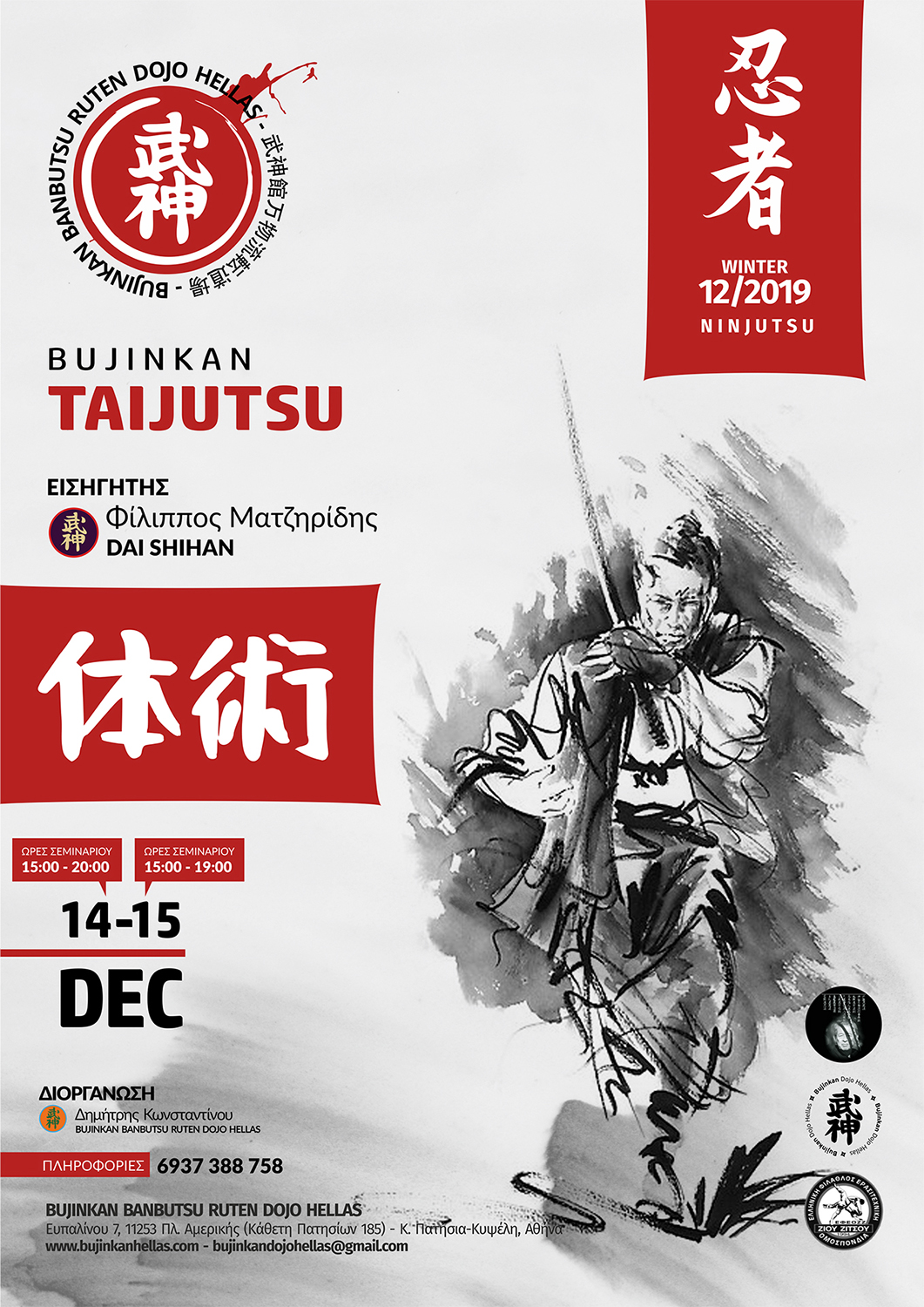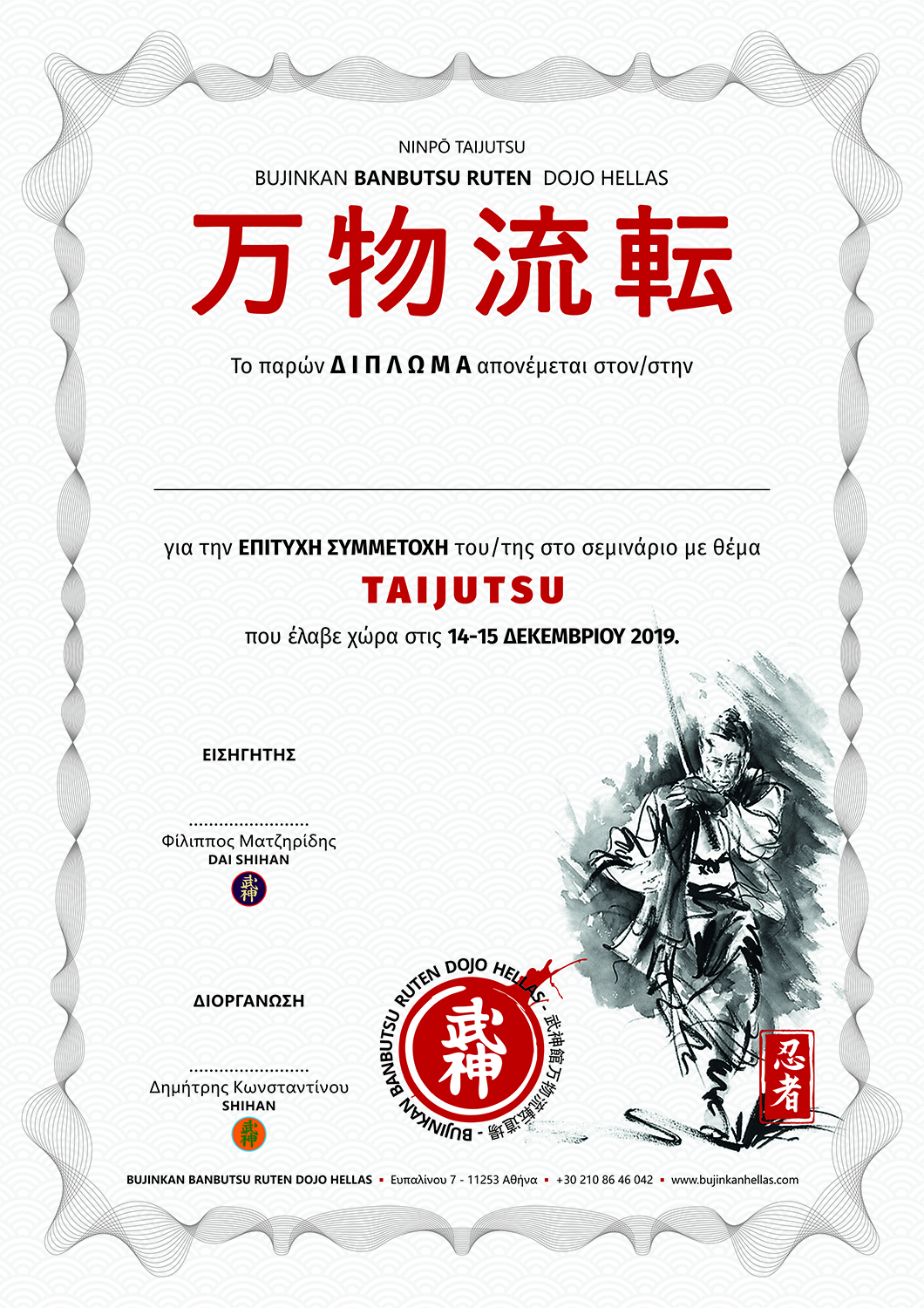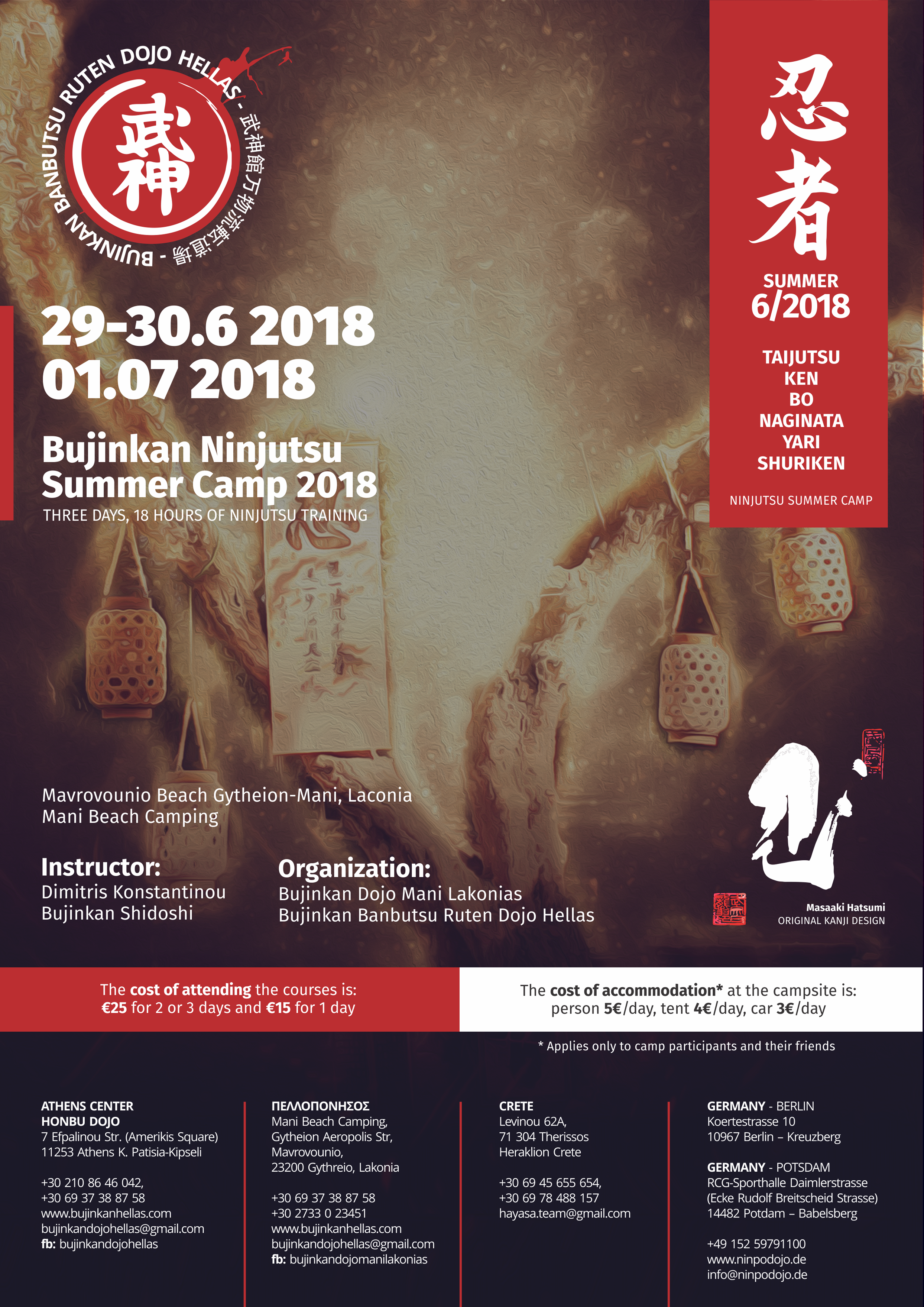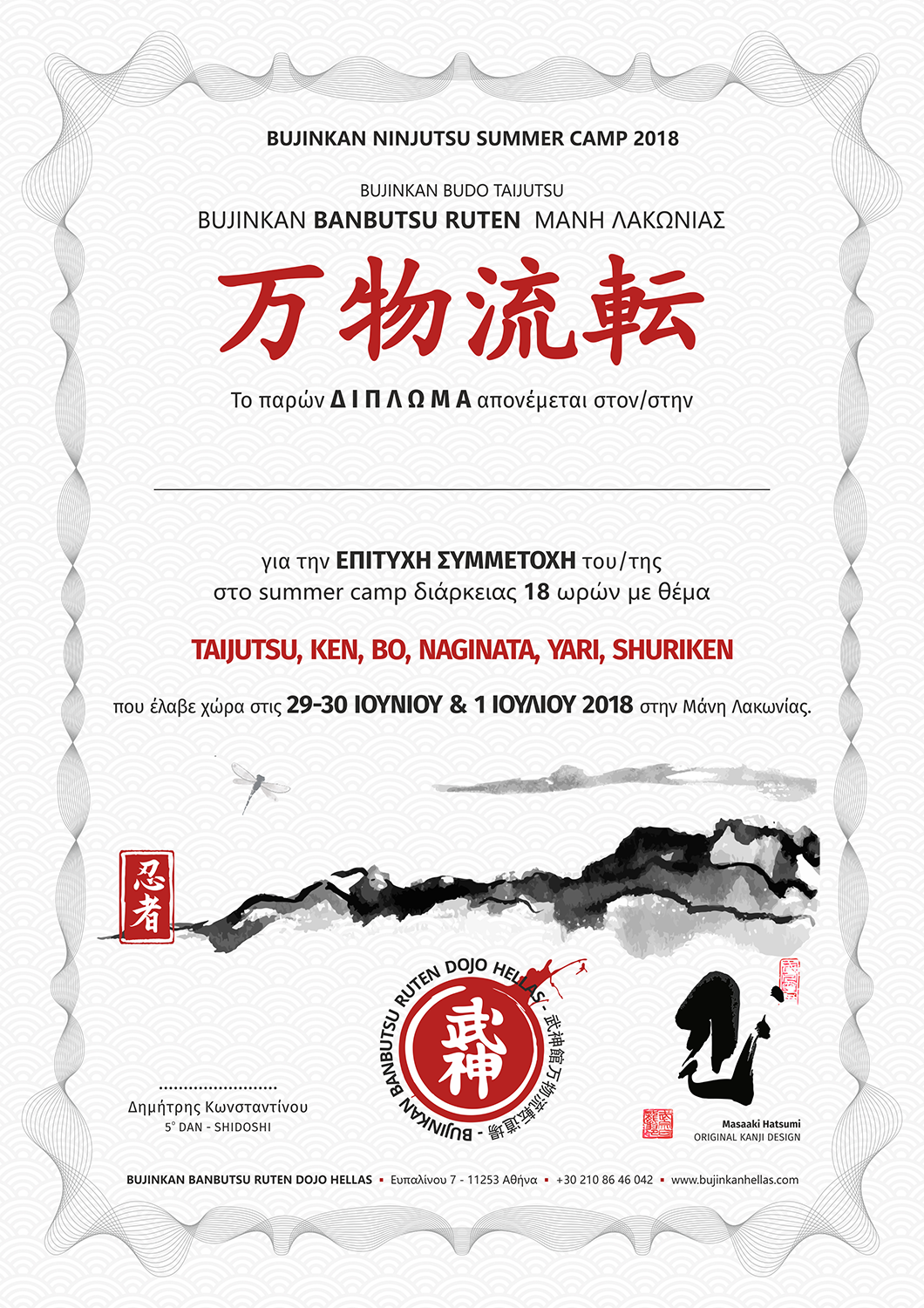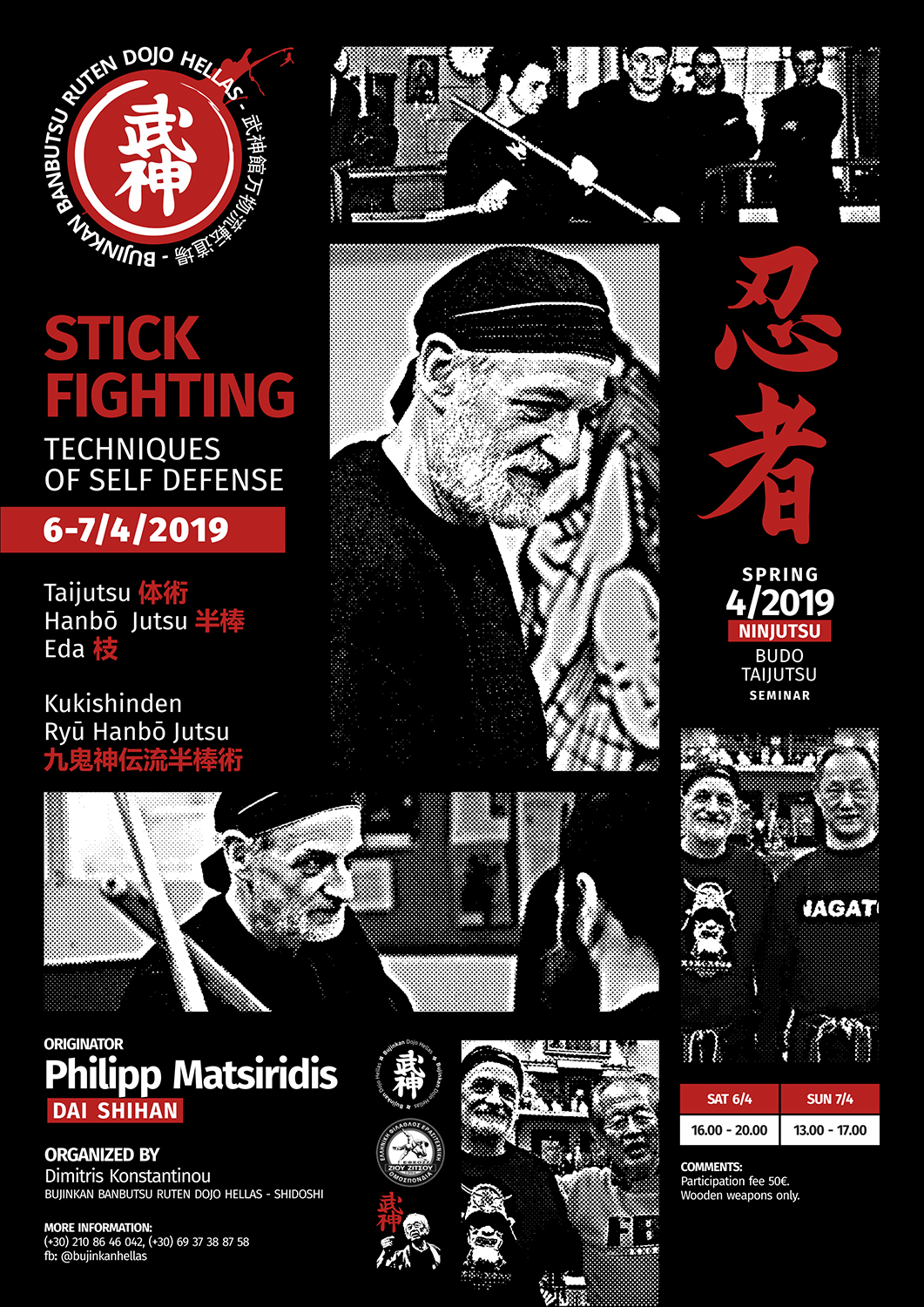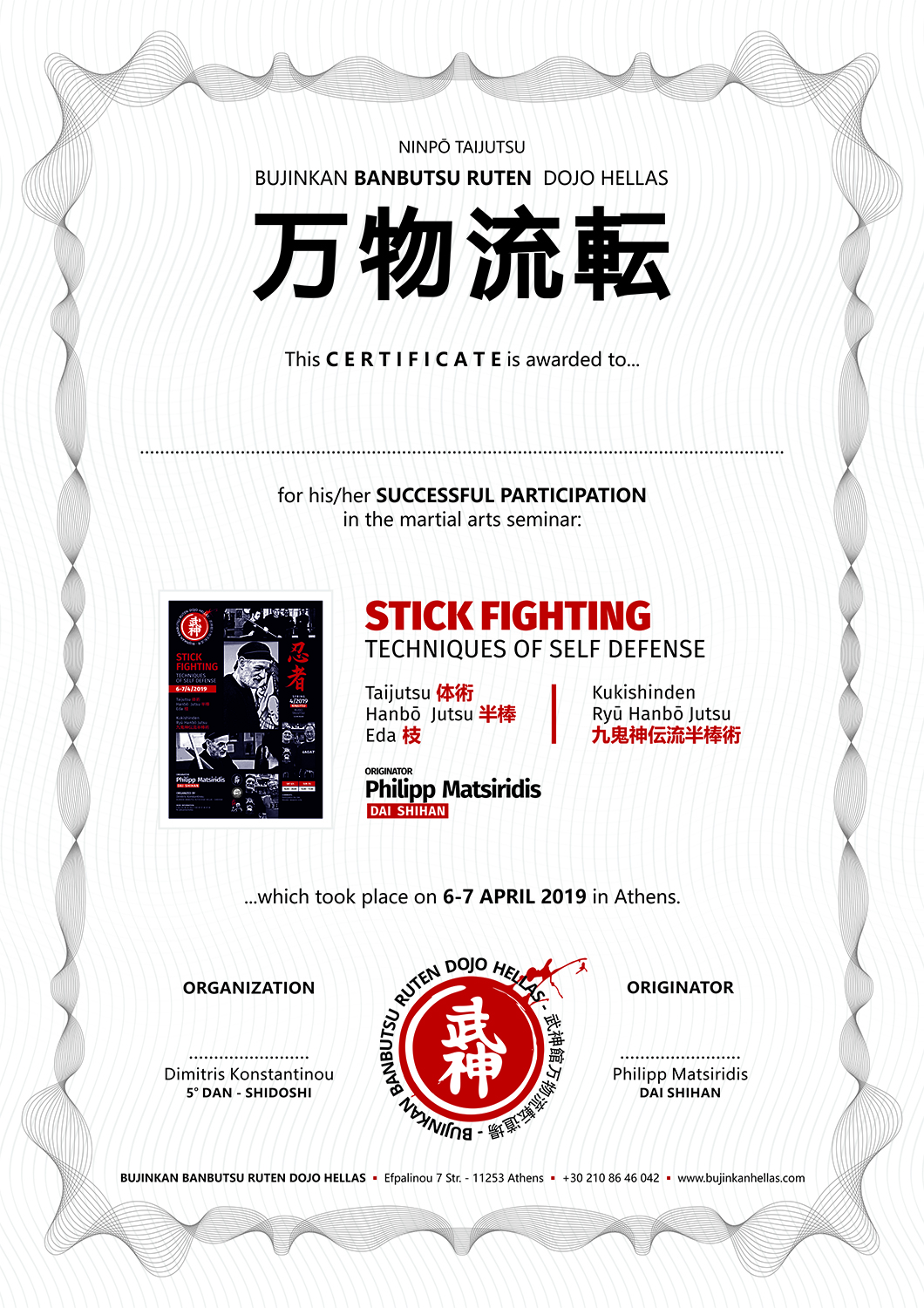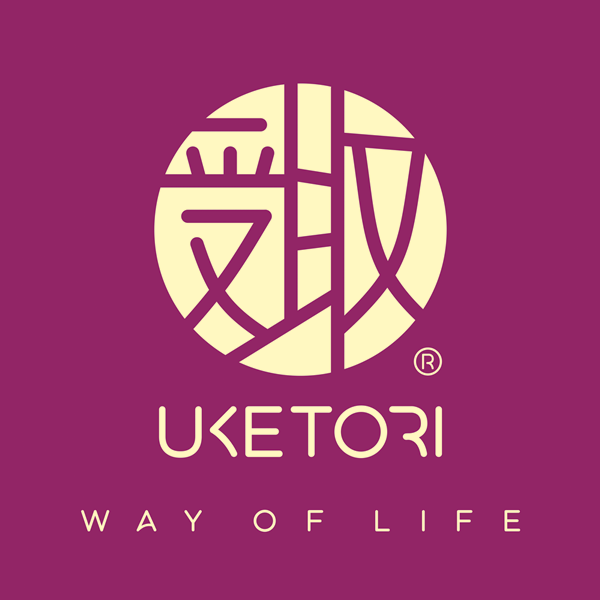-
The Dojo
At Bujinkan Dojo Hellas, we are dedicated to cultivating the art of Bujinkan Budo Taijutsu under the expert guidance of Shihan Dimitris Konstantinou. With a profound passion for ninjutsu and Japanese martial arts, Shihan Dimitris Konstantinou leads our community of martial arts enthusiasts on a transformative journey towards mastery.
With years of experience as a practitioner and instructor in Bujinkan, Shihan Dimitris Konstantinou is committed to imparting the wisdom of this ancient art to our students. Our dojo embodies a sanctuary where traditional techniques harmonize with modern discipline, creating an environment where individuals can flourish both as martial artists and as individuals.
What We Offer:
Bujinkan Dojo Hellas is more than a martial arts school; it's a place of learning, growth, and camaraderie. From the art of taijutsu – the body's natural movement techniques – to the intricacies of weapons training, our curriculum covers a comprehensive range of skills. We prioritize authenticity, ensuring that the essence of Japanese martial arts is preserved and shared with the utmost respect.
Training Environment:
Our dojo, conveniently located near the center of Athens, provides an ideal setting for practice. The facility spans an area of 150 sq.m., featuring a 60 sq.m. tatami space equipped with high-quality judo mattresses of Olympic specifications, guaranteeing safety during training. With dedicated changing rooms for men and women, as well as shower facilities, we prioritize your comfort and convenience.
Community and Growth:
At Bujinkan Dojo Hellas, we believe in fostering a sense of community and support among our members. Regardless of your skill level, our dojo is a space where you can challenge yourself, learn from experienced practitioners, and embrace the teachings of Bujinkan Budo Taijutsu.
Whether you're embarking on a new martial arts journey or seeking to refine your existing skills, Bujinkan Dojo Hellas welcomes you to join us. Discover the art of ninjutsu, experience the richness of Japanese martial traditions, and unlock your full potential in an atmosphere of camaraderie and growth.
-
Instructors
In the heart of Athens, a sanctuary of Japanese martial arts comes alive at Bujinkan Banbutsu Ruten Dojo Hellas. Led by a dedicated team of trainers, this dojo is a place where the spirit of Bujinkan Budo Taijutsu thrives and where practitioners embark on profound journeys of self-discovery and mastery.
Meet the Instructors:
Dimitris Konstantinou
Shihan 10.Dan
Instructor & Director of the Dojo
Meet Dimitris Konstantinou, a seasoned expert with a 10th Dan. As both a trainer and the Director of the Dojo, he provides unparalleled guidance in the art of Bujinkan Budo Taijutsu. With his wealth of experience, he leads practitioners on a transformative journey toward martial arts mastery.
Kostas Grimanelis
Shidoshi Ho 3.Dan
Kostas Grimanelis, a dedicated martial artist with a 3rd Dan, brings his passion and expertise to the Dojo. As a Shidoshi Ho, he offers valuable insights and training to fellow enthusiasts, contributing to the growth and development of the martial arts community.
Christos Doufekas
Shidoshi Ho 3.Dan
Join Christos Doufekas, a skilled practitioner holding a 3rd Dan as a Shidoshi Ho. His commitment to the art is evident in his training and instruction, making a valuable contribution to the Dojo's vibrant martial arts community.
Explore their individual profiles and discover the rich tapestry of experience and dedication that makes Bujinkan Banbutsu Ruten Dojo Hellas a hub for martial arts excellence.
-
Groups
At our Ninjutsu Bujinkan martial arts school, we believe in nurturing the potential of every individual, regardless of age. We understand that each stage of life comes with its unique challenges and opportunities for growth.
That's why we have carefully designed our student groups to cater to different age ranges, ensuring that our students receive the best possible training and support at every stage of their martial arts journey.
NINJA STARS (Ages 4-6 years)
Where Young Warriors Begin
Our Ninja Stars program is specially crafted for the youngest members of our martial arts community, ages 4 to 6 years. At this tender age, we focus on building a strong foundation for physical and mental development. Through fun and engaging activities, we introduce these future ninjas to the fundamental principles of discipline, coordination, and respect. It's the perfect starting point for their journey into the world of martial arts.
NINJA JUNIORS (Ages 6-8 years)
Fostering Confidence and Coordination
As students progress, they transition to our Ninja Juniors program, designed for ages 6 to 8 years. Here, we continue to hone their physical skills while emphasizing self-confidence and teamwork. Our experienced instructors guide them through more advanced techniques, helping them gain a deeper understanding of the art of Ninjutsu. It's a stage where their youthful enthusiasm meets structured training, setting the stage for future success.
NINJA WARRIORS (Ages 9-13 years)
Building Skills and Character
For those aged 9 to 13 years, our Ninja Warriors program offers a dynamic and challenging curriculum. Here, students delve deeper into the techniques and philosophies of Ninjutsu. They not only learn self-defense but also develop essential life skills such as focus, leadership, and resilience. This stage is about building character and instilling values that will serve them well in martial arts and in life.
ADULTS (Ages 13+ years)
Mastery Through Dedication
Our Adult program is tailored to individuals aged 13 years and older, acknowledging that the journey of a ninja is lifelong. In this group, we continue to refine techniques, foster mental resilience, and encourage a deep understanding of the art. Whether you're a seasoned martial artist or a beginner, our experienced instructors will guide you on a path to mastery, providing the tools and knowledge you need to excel in Ninjutsu.
At our Ninjutsu Bujinkan martial arts school, we are committed to creating a supportive and inclusive environment for all students, regardless of their age. We believe that Ninjutsu is not just a martial art but a way of life, and we invite you to join us on this extraordinary journey of self-discovery, discipline, and personal growth. Whether you're a Ninja Star, a Ninja Junior, a Ninja Warrior, or an Adult, we're here to help you unleash your inner ninja and reach your full potential.
-
Bujinkan Training in Modern Dojos
Bujinkan training in modern dojos today embodies the harmonious fusion of ancient martial traditions with the practical demands of contemporary life. Rooted in the teachings of Dr. Masaaki Hatsumi, Bujinkan Budo Taijutsu offers a comprehensive approach to martial arts that extends beyond combat techniques.
Modern Bujinkan dojos emphasize adaptability, ensuring that traditional techniques are relevant in today's context. Practitioners explore a range of skills, from unarmed combat to weapon mastery, while cultivating mindfulness, situational awareness, and resilience.
Training sessions often include rigorous physical conditioning to build strength, flexibility, and endurance. However, the heart of Bujinkan lies in cultivating a deep understanding of strategy, timing, and the psychology of combat. These insights empower practitioners to navigate challenges both on and off the mat.
Bujinkan training encourages personal growth by nurturing discipline, humility, and respect. As practitioners progress, they not only develop self-defense skills but also embrace a philosophy that fosters harmony with oneself and the world. This synthesis of tradition and practicality in modern dojos ensures that Bujinkan remains a relevant and transformative martial art in the modern era.
-
Exams
Bujinkan Budo Taijutsu, a modern martial arts system rooted in ancient Japanese warrior traditions, employs a structured system of levels known as "kyu" to gauge a practitioner's progress and expertise.
This progressive ranking system, often represented by colored belts, reflects the journey of a student from a novice to a proficient martial artist.
Kyu Levels: The term "kyu" refers to the colored belt ranks that students attain as they advance in Bujinkan. The kyu levels act as a roadmap for skill development and are typically divided into nine ranks, starting with 9th kyu (white belt) and culminating in 1st kyu (brown belt). These ranks signify both technical proficiency and understanding of Bujinkan principles.
Progression and Learning: Advancement through the kyu ranks is marked by a deepening understanding of Bujinkan techniques, strategies, and philosophies. As students progress, they explore the techniques of the nine Ryuha (schools) that form the foundation of Bujinkan, embracing the versatility of unarmed combat, weapon mastery, and tactical approaches.
Technical and Ethical Proficiency: The kyu levels are not solely about mastering physical techniques; they also reflect a student's growth in character, ethics, and self-discipline. Bujinkan places a strong emphasis on humility, respect, and the ethical application of martial skills. As practitioners ascend the ranks, they embody these principles, ensuring that their advancement reflects not only their combat prowess but also their commitment to the art's philosophy.
Examinations and Challenges: Advancement through the kyu ranks involves formal examinations where students demonstrate their understanding of techniques, adaptability, and ability to apply them in various scenarios. These exams include both technical demonstrations and practical applications, encouraging students to remain composed under pressure and display the essence of Bujinkan.
Continuous Journey: The kyu ranks represent milestones in a practitioner's journey of mastery, self-discovery, and personal growth. However, reaching the level of black belt (1st dan) is not the culmination but the continuation of this journey. Bujinkan acknowledges that even at advanced levels, there is always more to learn, refine, and explore.
In summary, Bujinkan's kyu system provides a structured path for individuals to progress from novices to proficient martial artists, reflecting both technical prowess and ethical growth. This framework embodies the holistic philosophy of Bujinkan Budo Taijutsu, emphasizing the integration of physical skills, mental fortitude, and a deep respect for tradition.
Bujinkan's ranking system is organized into kyu levels, which range from 9th kyu to 1st kyu. Each kyu level represents a stage of progress and understanding in Bujinkan Budo Taijutsu.
Here's a list of the kyu levels along with their definitions:
- 9th Kyu - White Belt
The beginning of the journey, symbolizing an empty vessel ready to receive knowledge. Emphasis is on understanding basic stances, movements, and the foundational principles of Bujinkan.
- 8th Kyu - Yellow Belt
Represents the growth of knowledge and skills. Students learn to control distance and practice simple techniques, focusing on proper form and control.
- 7th Kyu - Orange Belt
A stage where the basics start to solidify. Students delve deeper into footwork, strikes, and beginning to understand the tactical application of techniques.
- 6th Kyu - Green Belt
This level emphasizes more advanced movement, introducing students to the idea of blending and redirection. Techniques become more fluid and efficient.
- 5th Kyu - Blue Belt
At this point, practitioners deepen their understanding of taihenjutsu (body movement), gaining greater control over balance, evasion, and adaptability.
- 4th Kyu - Purple Belt
Marks the development of effective kihon happo techniques and an increased understanding of timing and distance. The emphasis is on effective application.
- 3rd Kyu - Brown Belt (San-Kyu)
Students begin to integrate various aspects of Bujinkan, focusing on seamless transitions between strikes, locks, and throws.
- 2nd Kyu - Brown Belt (Ni-Kyu)
This level emphasizes effective combinations and blending techniques from different Ryuha. Students develop greater proficiency in utilizing distance and timing.
- 1st Kyu - Brown Belt (Ichi-Kyu)
The final kyu level, representing a high level of understanding and skill. Students demonstrate a deep grasp of Bujinkan principles and a holistic approach to combat.
It's important to note that the kyu ranking system varies between dojos and instructors within the Bujinkan organization. These definitions provide a general overview of what each kyu level entails, but the specifics may vary based on individual dojo requirements and teaching approaches.
In Bujinkan Budo Taijutsu, the education and training of practitioners are divided into three main levels, known as "Sanshin no Kata" or "Three Hearts Forms." These levels encompass different aspects of training and personal growth within the art.
Here are the three levels and their definitions:
Ten Chi Jin Ryu (Shoden):This is the foundational level of training, often referred to as "Shoden" or "Initial Transmission." It focuses on developing a strong physical and mental foundation. The three aspects of "Ten Chi Jin" represent the natural elements: "Ten" (Heaven) symbolizes balance and natural movement, "Chi" (Earth) emphasizes stability and grounding, and "Jin" (Man) relates to personal growth and human interaction. In this level, practitioners learn fundamental movements, stances, strikes, and basic techniques. The emphasis is on building a solid understanding of body mechanics, distance, and timing.
Ten Chi Jin Ryu (Chuden): The second level of training, often called "Chuden" or "Middle Transmission," builds upon the foundation laid in Shoden. Here, practitioners delve deeper into the applications of techniques, exploring more complex combinations and scenarios. Chuden focuses on the refinement of techniques, enhancing fluidity in movement, and understanding the principles behind each technique's effectiveness. The training becomes more nuanced, and practitioners develop a deeper connection between their physical and mental aspects.
Ten Chi Jin Ryu (Okuden): The highest level of training within the Ten Chi Jin Ryu, known as "Okuden" or "Inner Transmission," represents a culmination of the practitioner's growth and understanding. In this level, the focus shifts to advanced principles, strategic thinking, and profound insight into the art's philosophy. Techniques become more subtle and adaptable, emphasizing the idea of "shin gi tai" or the integration of mind, skill, and body. Okuden is not merely about mastering techniques but about embodying the essence of Bujinkan Budo Taijutsu in every aspect of one's life.
These three levels of education reflect the journey of a Bujinkan practitioner from foundational learning to advanced mastery, encompassing physical techniques, mental awareness, and personal development. It's important to note that while these levels provide a structured progression, the learning process is continuous and ongoing, reflecting the art's philosophy of constant growth and adaptation.
-
Basic Knowledge in Bujinkan Budo Taijutsu
Basic knowledge forms the cornerstone of proficiency in Bujinkan Budo Taijutsu, providing a solid foundation for practitioners to build upon. This encompasses essential concepts that pave the way for effective training and understanding.
Body Conditioning - Junan Taiso: Junan Taiso, or body conditioning exercises, are integral to preparing the body for the physical demands of Bujinkan training. These exercises enhance flexibility, joint mobility, and overall strength. By cultivating a supple and resilient body, practitioners reduce the risk of injury and optimize their ability to execute techniques with precision.
Breakfalls - Ukemis: Ukemis, or breakfalls, are crucial skills for protecting oneself during training. Learning to fall safely and gracefully is paramount in Bujinkan. Practitioners develop the ability to absorb impact, disperse force, and recover swiftly from falls, ensuring their safety while practicing techniques and engaging in realistic scenarios.
Fighting Poses - Kamae: Kamae, or fighting poses, represent the foundational stances that set the stage for effective combat and defense. These stances provide stability, balance, and readiness for engagement. By mastering various kamae, practitioners develop the ability to adapt to different situations, control distance, and execute techniques efficiently.
Body Skills - Tai Jutsu: Tai Jutsu, the essence of body skills, encompasses the art's core techniques and principles. It involves using the body's natural movements to strike, grapple, throw, and evade effectively. Tai Jutsu teaches practitioners how to blend with an opponent's energy, exploiting vulnerabilities while maintaining balance and control. This fundamental aspect of Bujinkan Budo Taijutsu empowers practitioners to engage in dynamic and versatile combat scenarios.
In summary, basic knowledge in Bujinkan Budo Taijutsu lays the groundwork for a practitioner's journey. By honing body conditioning, mastering breakfalls, perfecting fighting poses, and understanding body skills, individuals create a solid base from which to explore the art's intricate techniques, philosophy, and personal growth.

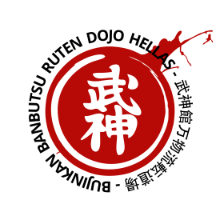
![]()
![]()
![]()
![]()
![]()
